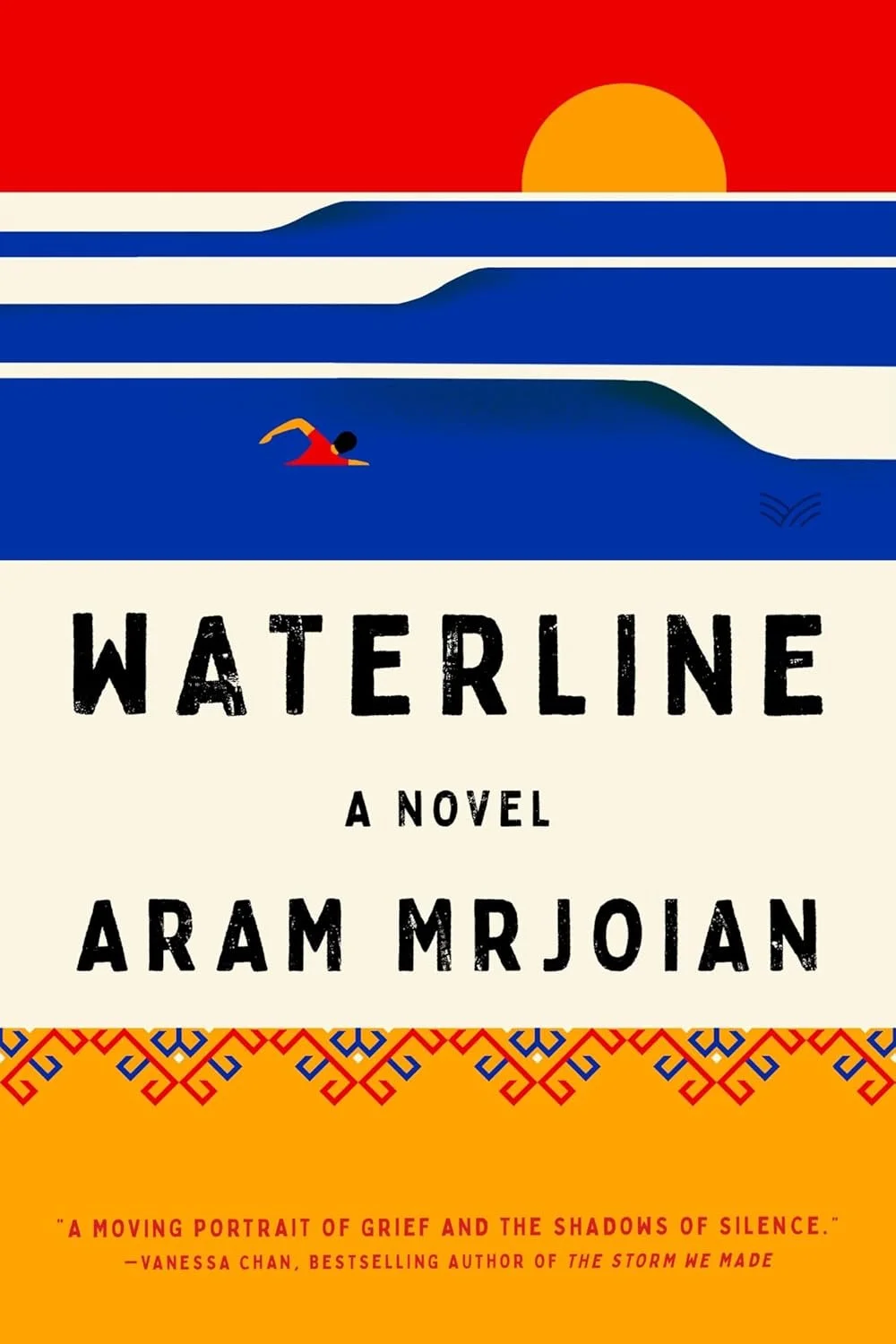Waterline by Aram Mrjoian
After the Mountain: Memory, Silence, and Survival in Waterline
Aram Mrjoian’s Waterline is a poignant, beautifully layered novel that tells the story of the Kurkjian family across four generations—beginning with Gregor, a survivor of the Armenian genocide, and culminating with Talin, the family’s youngest member growing up in contemporary America. As someone of Greek descent, with a family history deeply affected by similar atrocities, I found the novel both resonant and emotionally profound.
This is a multigenerational saga that masterfully explores the Armenian diaspora—from the trauma of escaping Turkey to the complexities of assimilation in places like Michigan. Mrjoian doesn’t shy away from showing how these past wounds shape the present, how tradition both anchors and isolates, and how the so-called American “melting pot” can often dilute vital truths.
One of the things I appreciated most was how real the characters felt. Each member of the Kurkjian family is distinct and believable, grappling with the weight of memory, cultural identity, and unspoken expectations. Their struggles were deeply relatable, especially through the lens of inherited trauma—a theme that rings true far beyond the Armenian experience.
Spoilers ahead:
There’s a quote that struck me to my core and, in many ways, reframed how I viewed the entire novel:
"Nobody talks about their story after they've left the mountain."
The mountain here refers to Musa Dagh, where Gregor was part of a historical rebellion during the genocide. Throughout the novel, there’s a persistent emphasis on the importance of remembering and telling the story of survival. Yet, paradoxically, there's also a profound silence around the family's present-day pain. The past is memorialized, but the now is buried.
This contradiction—the reverence for history alongside a reluctance to confront current suffering—reveals how generational trauma doesn’t fade. It mutates. The Kurkjians’ insistence on storytelling becomes, ironically, a tool of suppression when their own family’s modern struggles go unspoken. Trauma becomes a ripple: when it hits the barrier of silence, it reflects backward.
That’s why, for me, the contrast between Gregor and Mari is so devastating. Gregor used the Mediterranean Sea to escape and survive; Mari, generations later, seeks escape in the same water—but for her, it’s an end, not a beginning.
Waterline is a heartbreaking and powerful reflection on legacy, silence, and survival. Mrjoian has written a novel that feels both intimate and vast, personal yet universally important. Highly recommended for anyone interested in diasporic stories, intergenerational trauma, or simply gorgeously written fiction.
RATING : 4.5/5
